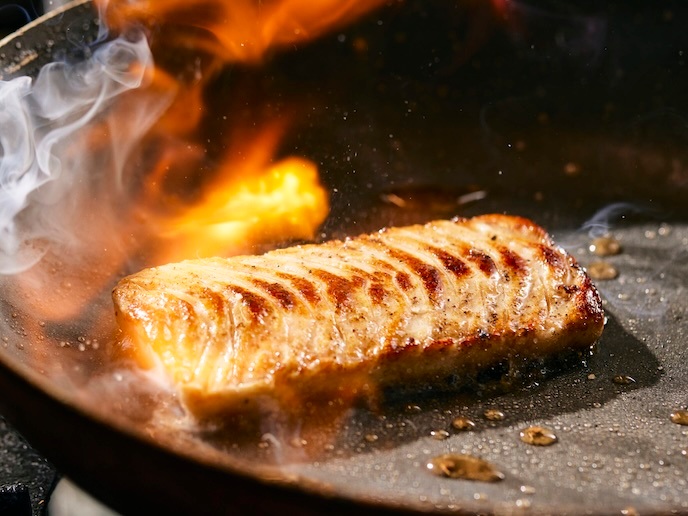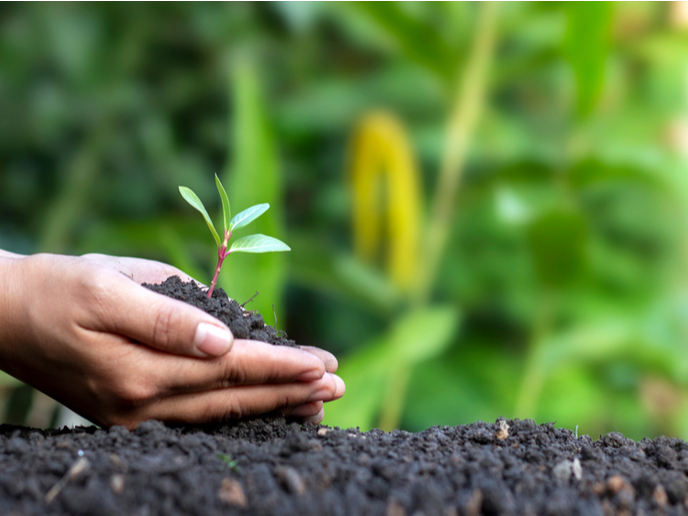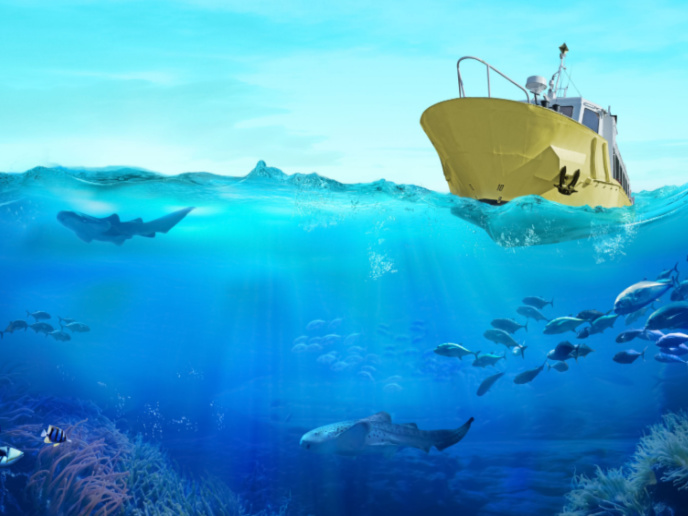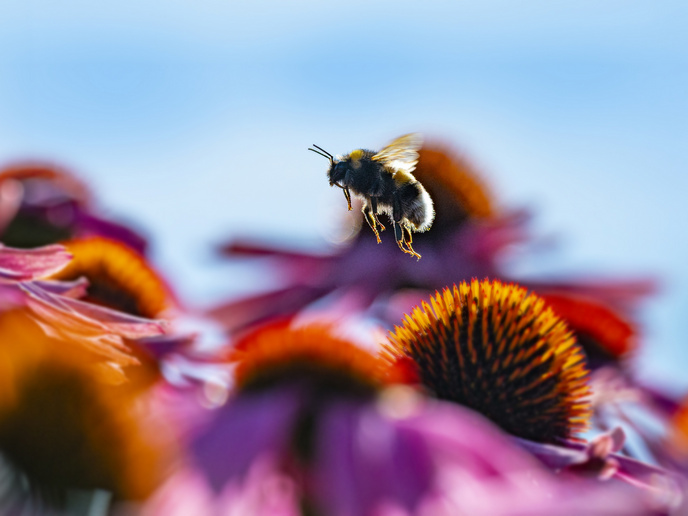Healthy alternative to fish breaks through the Korean market
Depleted marine ecosystems, increasing health concerns and unsustainable growth of the seafood industry threaten the availability of seafood for future generations. Up to 55 % of fish stocks are endangered, and fish feed for farmed fish is getting ever more expensive, report both the World Bank Group and the World Resources Institute. The market is keen to develop alternatives that can make an impact commercially, while retaining a small environmental footprint and meeting consumer demand for healthy food. “Koralo meets this demand with a new source of seafood, which is healthy and just as delicious as the one people know and love. And we are also focusing on the production of a functional aqua feed to help meet the challenges faced by aquaculture,” says Sina Albanese, cofounder of Koralo, based in Korea. Seafood, explains Albanese, is one of the most traded commodities worldwide, and data shows that it can have an adverse impact on our climate and biodiversity. Which is where the EU-supported Koralo Seafood project comes in. The company has developed an alternative to fish-based seafood which is based on the core ingredient, mycoprotein. This, notes Albanese, on average produces 91 % fewer CO2 emissions, implies 84 % less land use per m2/kg and 98 % less blue water use per l/kg.
Microalgae for taste and nutrition, mycoprotein for texture
The project uses microalgae, combining these in large fermenters with mushroom roots which grow together in nutrient-rich water, a process called co-fermentation. In just a few days nutritious and delicious New F!sh is harvested. Surprisingly, combining these two organisms has shown to have synergistic effects in both production (speed and growth) as well as product properties (taste, texture and nutrition). “New F!sh is nutritionally rich. It provides consumers with a filling, healthy meal that is low-calorie and low-fat but high in pre-biotic fibre. It also supplies the recommended daily dose of vitamin B12,” adds Albanese.
Breaking into the Korean market
One of the project’s main aims was to bring their product to the Korean market. Koreans have one of the highest consumptions of seafood per capita, even more than Japan. The project fine-tuned the taste and texture to local preferences, creating a fish flavour which was intense yet fresh, while increasing chewiness and softness at the same time. “As we are using new technology and are a new company, we had to produce many iterations to appeal to Korean consumers. We are very happy to say that, thanks to EU support, in consumer and chef trials Koralo rated 84.5 % in terms of taste and appearance similarity to conventional fish,” Albanese says. Using Korean existing manufacturing equipment meant the team had to adjust their process and production systems and scale up all while retaining high quality. “This was challenging to do, considering technical challenges along with the need to adapt and communicate in a new culture. But we were successful in producing to an industrial scale. Our improved product versions are both delicious and healthy so they are proving very popular with consumers.”
Keywords
Koralo Vegan Seafood, microalgae, taste, nutrition, mycoprotein, seafood, aquaculture







